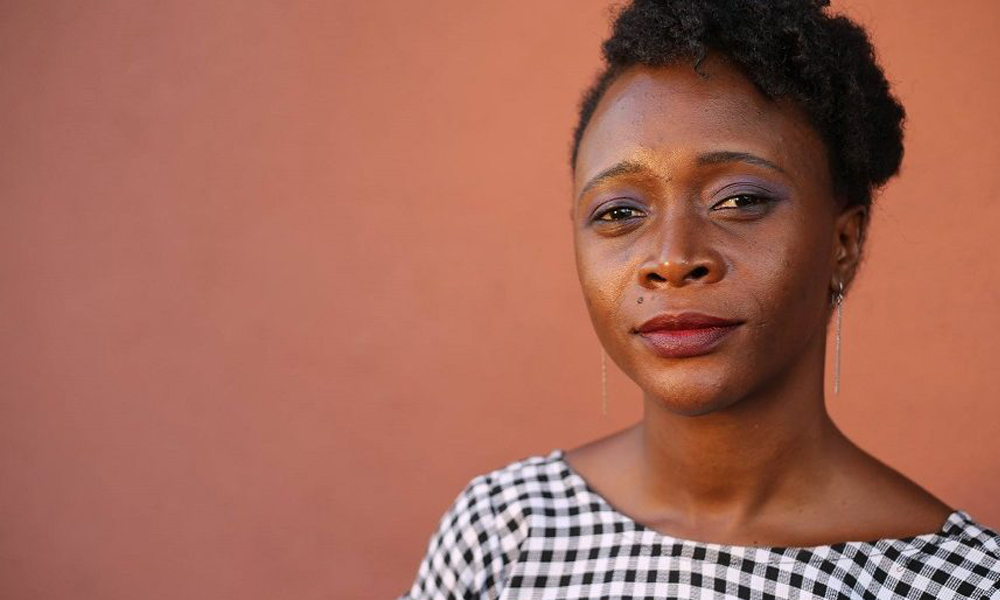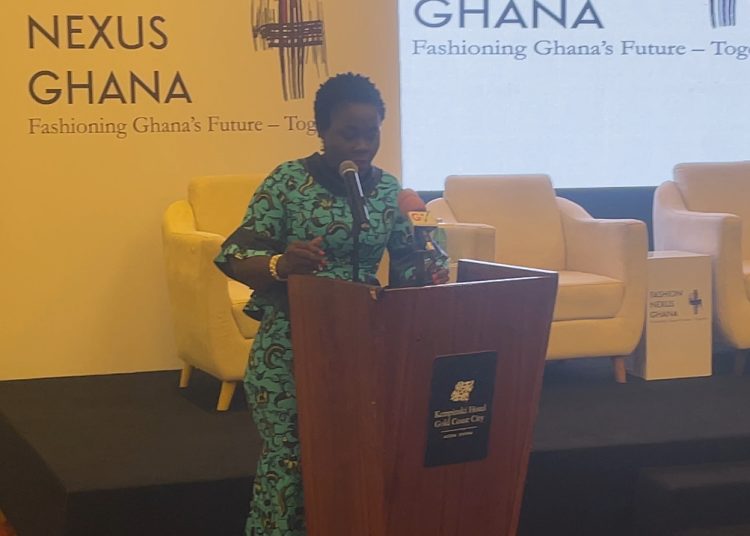Renowned Ghanaian filmmaker Leila Djansi has cautioned industry players against relying solely on YouTube as a distribution platform for their movies.Speaking in an interview on Hit FM’s Daybreak on Tuesday, September 9, 2025, she explained that YouTube’s saturation and frequent policy changes make it a risky option for filmmakers seeking sustainable profits.

“YouTube has now been saturated, and the platform is always changing its policies because of that saturation,” Djansi said. “This congestion will reduce earnings and limit profits for filmmakers if they depend on it as their sole distribution channel.”
The award-winning filmmaker also argued that the government’s proposed film fund would be ineffective without a proper distribution framework.
“Personally, I don’t believe in the film fund. I think it is premature because there is no distribution. If you give the film fund, how are they going to make profit? People think, ‘I’m just going to put it on YouTube.’ I’m sorry, YouTube is going to collapse very soon. There is so much congestion on YouTube, and they are always changing their policies.”
She further stressed that piracy poses another major threat to filmmakers who release content on the platform.
“And you have piracy—somebody is just going to download the film. Again, why would I spend money and make a movie and just put it on YouTube? You want people to have the experience: cinema, or streaming at home,” she added.
Djansi emphasized that filmmakers should instead explore more profitable and sustainable distribution outlets, such as cinema screenings, professional streaming platforms, and physical media.

In addition to her industry critique, Djansi announced the launch of the Film Crew Networking Fixer, an event scheduled for Sunday, September 24, 2025, at 6:30 pm at the Kwame Nkrumah Memorial Park.
The networking session is designed to bring together professionals across the film value chain—including producers, directors, cinematographers, and marketers—to foster collaboration and strengthen the Ghanaian film industry.
Her remarks highlight ongoing debates about the future of movie distribution in Ghana and the need for structures that ensure filmmakers earn fair returns on their investments.



